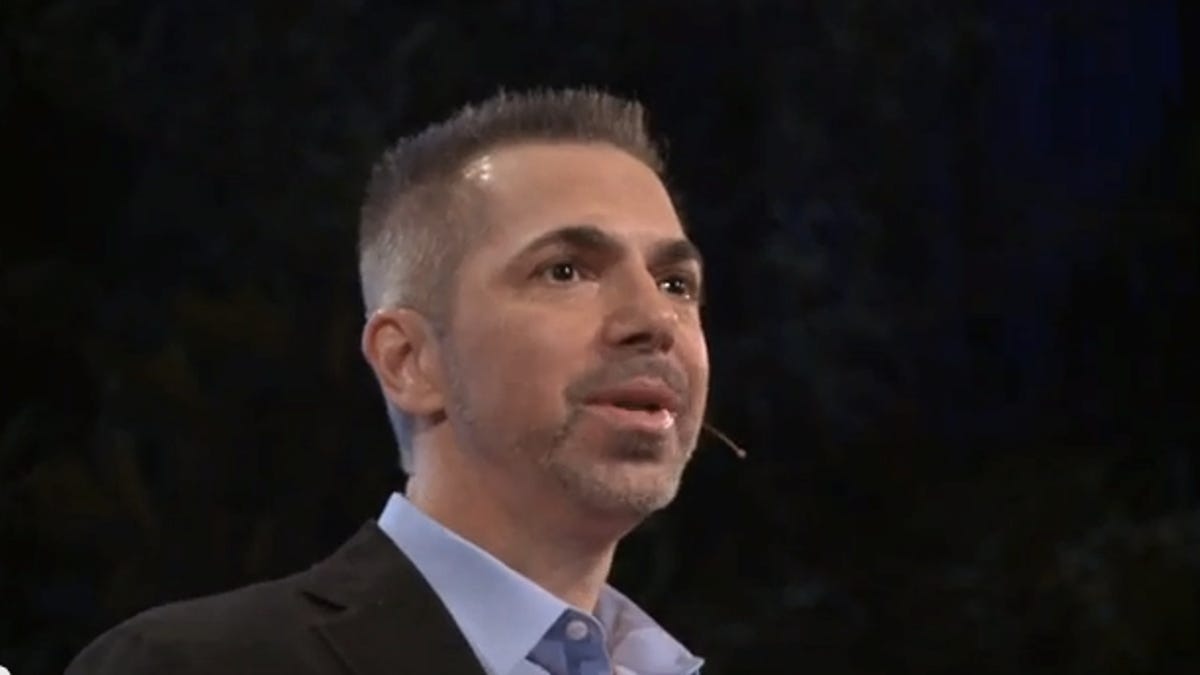Scientist: Quantum physics can prove there's an afterlife
Professor Robert Lanza is sure there's something beyond this mortal coil. He believes the science is there to prove it.

If there's a choice between an afterlife and nothing at all, I'd plump for the former.
It gives us a peculiar kind of hope that there is more. And, in America, we know that more is always better.
Discussions surrounding the afterlife tend to focus on belief. One scientist, however, is suggesting that there might be firm evidence of a great beyond.
Professor Robert Lanza, adjunct professor at the Institute for Regenerative Medicine at Wake Forest University, is a proponent of biocentrism.
This turns our idea of the universe on its head. Instead of imagining that it's the universe that creates life, the idea is that the universe is a product of our own consciousness of it.
The Independent has thrust my consciousness toward Lanza's Web site, which attempts to reprogram the way we see, well, everything.
Take death, for example. This "cannot exist in any real sense," he says. This is a relief, as it does seem frightfully real when you watch it happen.
You know this is about to get complicated, don't you? Lanza offers: "Life is an adventure that transcends our ordinary linear way of thinking. When we die, we do so not in the random billiard-ball-matrix but in the inescapable-life-matrix."
Death is merely what we think we see. In fact, everything is. In Lanza's view, though: "By treating space and time as physical things, science picks a completely wrong starting point for understanding the world."
His starting point is biology. He does, though, toss in a little quantum mechanics to sway the realist doubters.
He points to the double-slit experiment. This helped show that particles aren't just the single elements they are perceived to be. Instead, they can act as two separate entities at the same time.
In essence, when we like to joke that someone might be living in a parallel universe, this might, in fact, be ultimately true of all of us.
I prefer to think, unlike many scientists, that we know precious little about our world. For all we know, that occasional sense of deja vu we get is somehow connected to Lanza's idea of the reality of perceptions.
At least he tries to get us to think about our own existence in a different way. The problem is, there never seem to be any lines of communication between one parallel universe and another.
I know that Ouija ladies and psychics claim to hear voices from some far beyond. What we lack thus far is a sense that those voices might be real.
If Professor Lanza can just find a way to make contact, perhaps we'll all become nicer people here on Earth, firm in the knowledge that there's no hurry.
What an interesting world it would be if we truly knew that there's going to be more.

